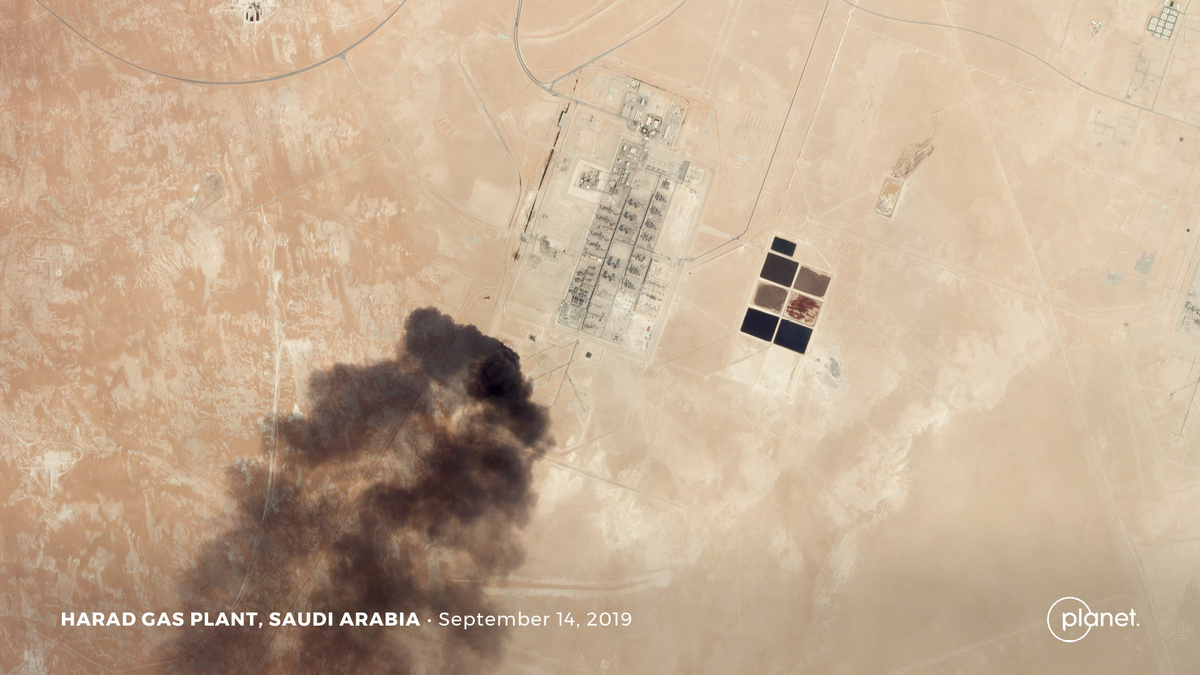China should be prepared to deal with an oil exigency


Editor's Note: Drones attacked the world's largest oil processing plants and a major oil field in Saudi Arabia on Saturday, disrupting more than 5 percent of the global crude oil supply. Which has raised crude oil futures by 10 to 20 percent, the biggest rise in a day since the 1991 Iraq War. 21st Century Business Herald comments:
If Saudi Arabia cannot restore oil supplies quickly, oil prices could increase to $100 a barrel, although the United States' announcement that it is set to use its oil reserves in an effort to check oil price rise has allayed market fears to a certain extent.
The US is the largest oil producer, but Washington would not like to see oil prices rise, because it could push up its consumer price index.
The situation in the Middle East, especially rising tensions between the US and Iran, has increased geopolitical uncertainties, which is not conducive to increasing oil production.
China is the world's second-largest oil consumer and largest oil importer. It depends on imports for up to 70 percent of its oil consumption. Which means China and other major oil importers would suffer most if there is a drastic drop in oil supplies from the Middle East. Therefore, as a major industrial power, China should be well prepared to deal with exigencies.
If oil prices rise rapidly, it could put inflationary pressure on China and limit its scope for reforming its monetary and exchange rate policies. Therefore, China should strengthen its response mechanism, by enacting laws and building strategic oil reserves.
It should develop alternative and new energy sources, establish diverse supply sources and reduce its dependence on fossil fuels.
It should also strengthen coordination with international energy agencies and work with emerging economies to help maintain geopolitical stability in the Middle East, which would ensure normal oil supply is not disrupted.


































